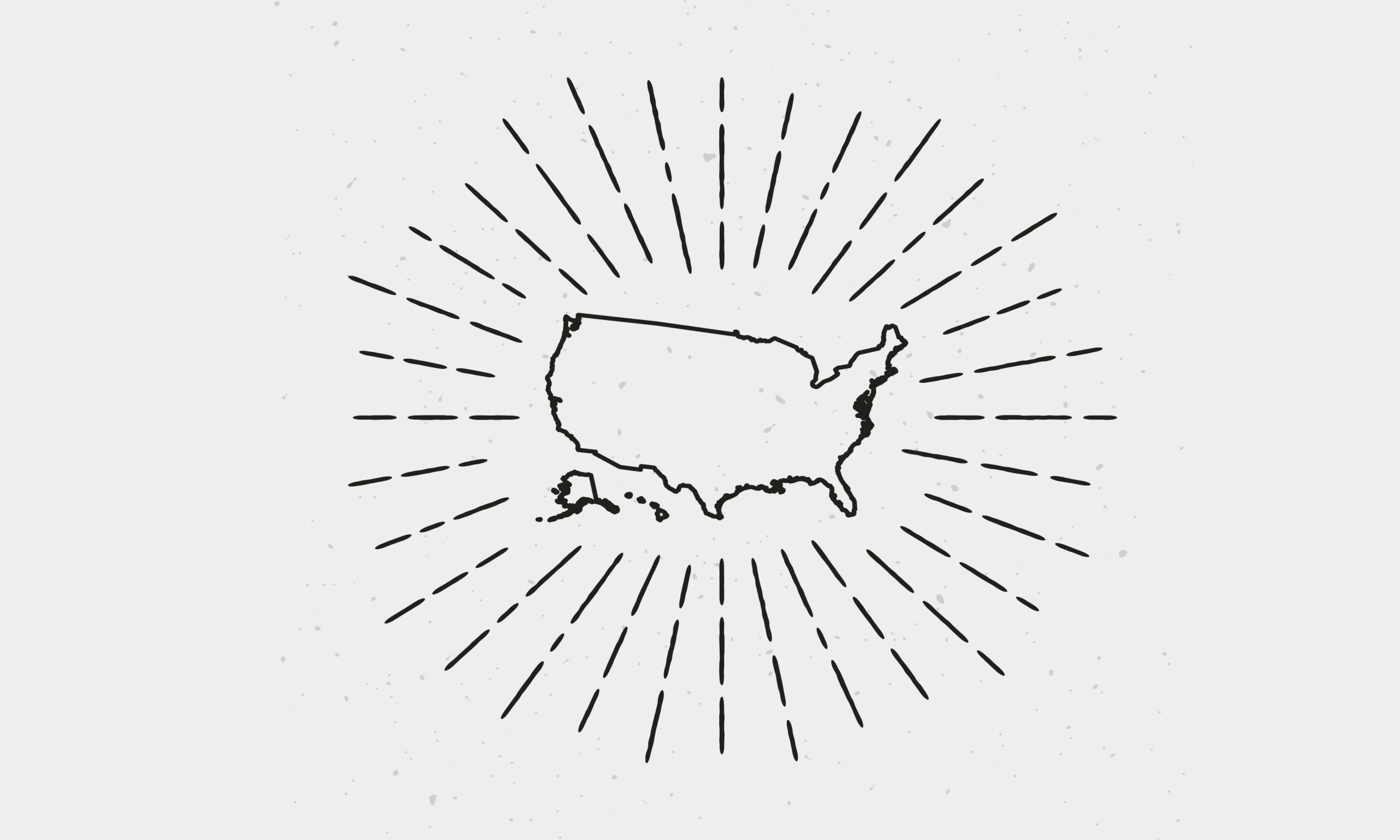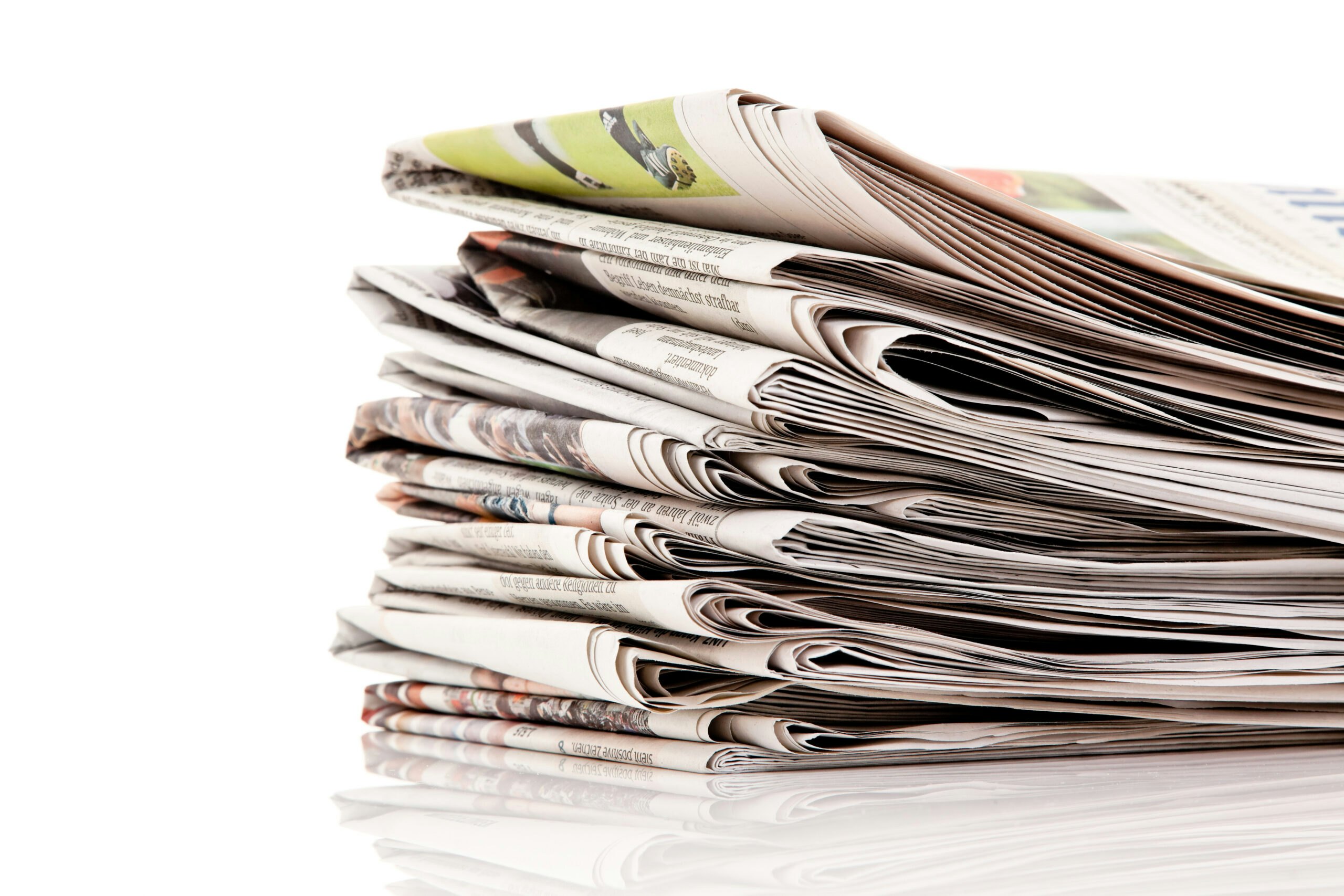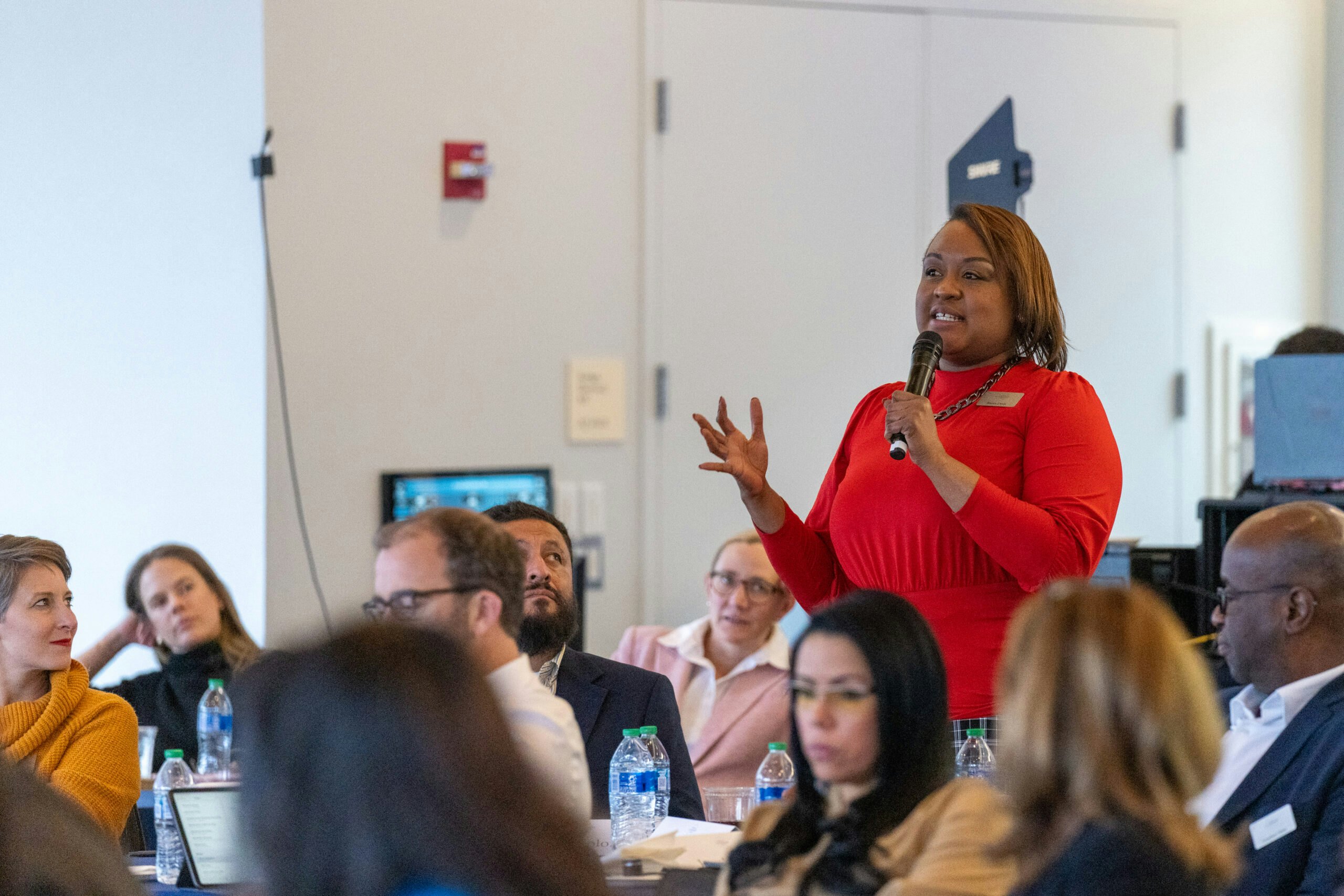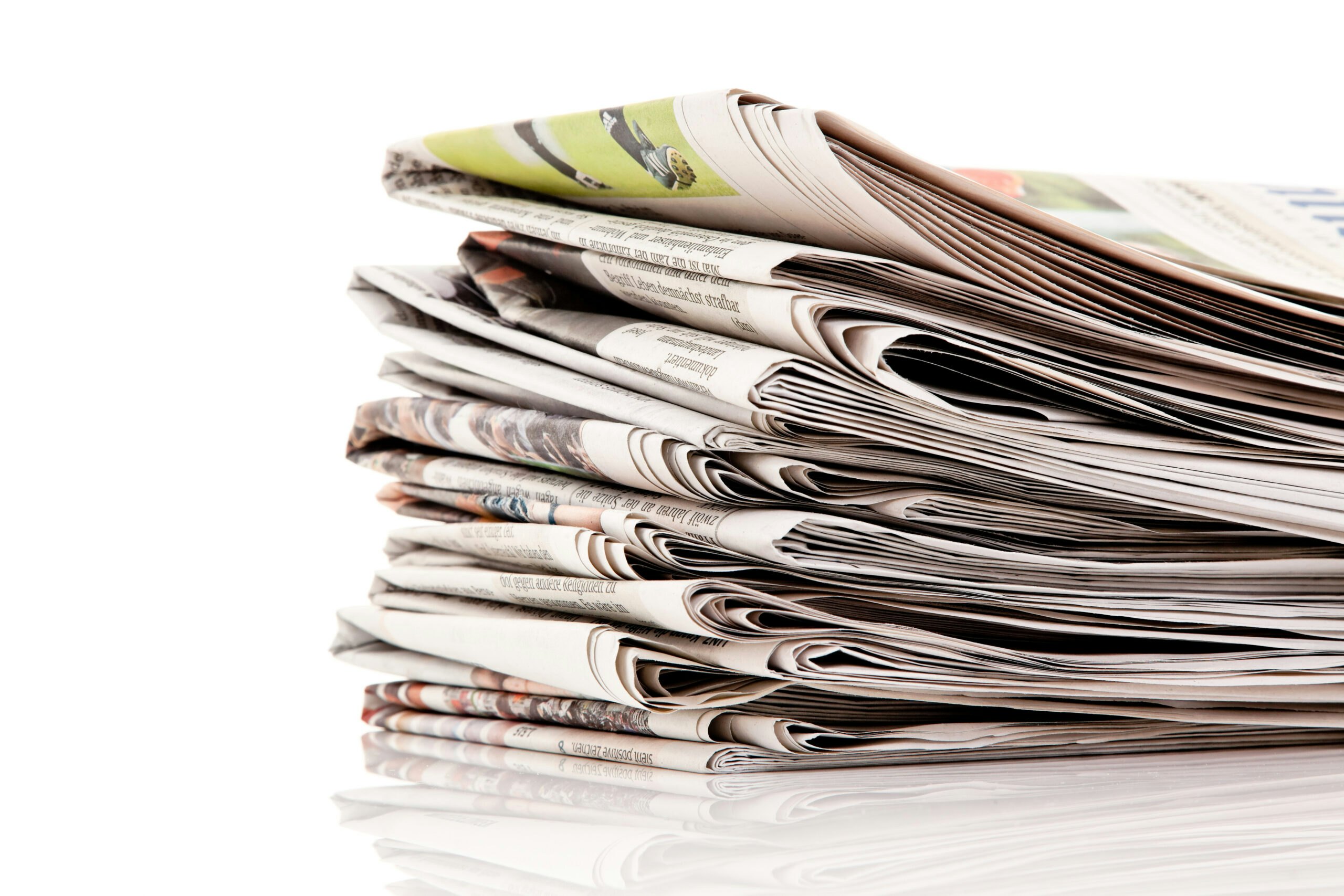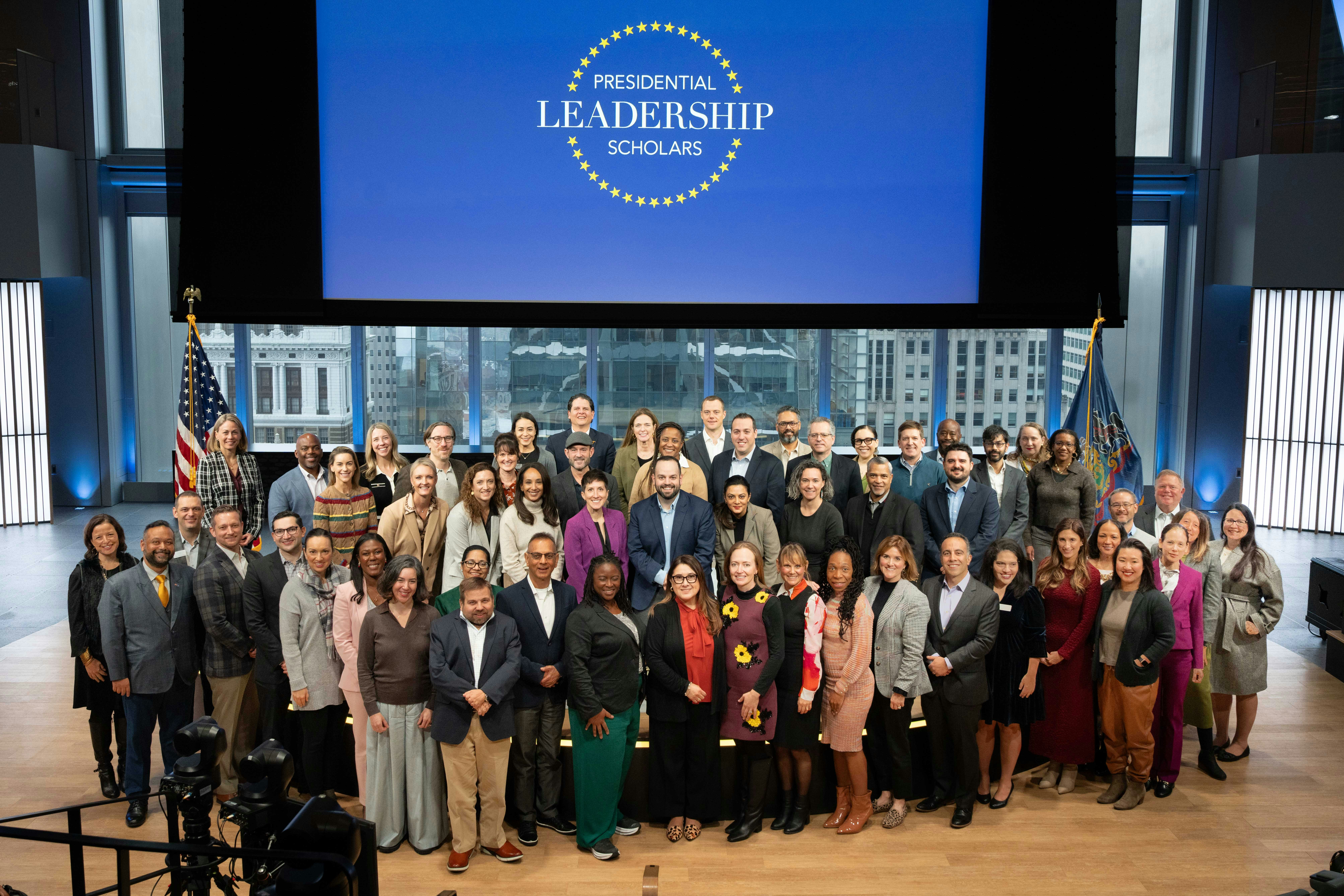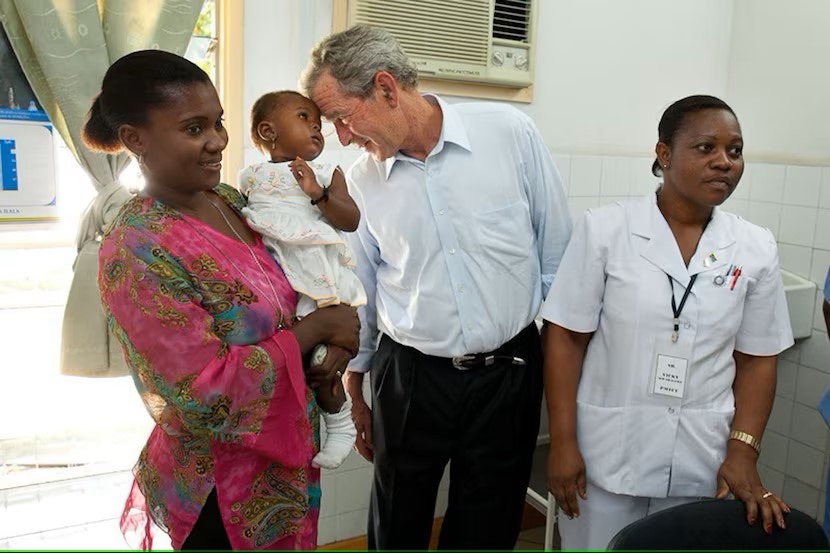In this edition of Democracy Talks, William McKenzie, Chris Walsh, and David J. Kramer explore the key elements needed to create, sustain, and strengthen democracy.
It’s bad enough that authoritarian regimes, especially those in Moscow and Beijing, are flexing their muscles and posing serious threats to democracy. Making matters worse is the trend among too many democracies, some very young, in which they are moving away from their institutional roots and liberal-minded values. You can see this, for example, in Hungary, Tunisia, and Brazil, where leaders seek to consolidate power, squelch dissent, undermine an independent judiciary, or attempt to control or manipulate the flow of reliable information, among other retreats from core elements of a democracy.
At the same time, some stalwart democracies, including our own in the United States, show signs of stress. The hyper-polarization, spread of disinformation, and questions about the integrity of elections are three reasons Americans should act now to strengthen our democracy. Not that we are losing our democratic foundations, but rather to shore them up as our nation approaches its 250th anniversary of freedom.
These dualities – helping nations become and remain – a vibrant democracy is the focus of this edition of Democracy Talks. From this compilation of interviews and essays, we have gleaned these recommendations for strengthening democracy around the world and here at home.
Fighting for freedom – together
The good news is that plenty of democracy activists demonstrate the courage of their convictions. In previous editions, we have highlighted leaders like Hong Kong’s imprisoned activist Joshua Wong. In this edition, we feature Venezuelan dissident Leopoldo Lopez, who spent seven years in prison, three of them in solitary confinement. Solely because he opposed the authoritarian rise of Hugo Chavez and Nicolas Maduro in his home country.
But, as Lopez says in his interview, freedom cannot be won alone. It must be done together, including in a global fight for independence, dignity, and autonomy.
Three leaders of important U.S. global democracy-building organizations – Damon Wilson of the National Endowment for Democracy, Dan Twining of the International Republican Institute, and Derek Mitchell of the National Democratic Institute – affirm Lopez’s point. Partnerships are key to creating and sustaining freedom around the world, they contend in their video conversations.
Wilson points out one essential partnership: the Trans-Atlantic Alliance. He terms it, “the spine of the Western world.” We certainly have seen that alliance come together in supporting Ukraine in its fight against Russian aggression. Now, the alliance must remain firm in its commitment to freedom as Russia’s war against Ukraine continues.
Indeed, this is a key moment for each of us who believes in democracy to recognize that we are in a period of real struggle between democracy and authoritarianism. While Vladimir Putin’s latest invasion of Ukraine has brought the struggle front and center, this showdown has been ongoing for quite a while now. Consider these realities:
The 2021 military takeover in Burma; the return of the Taliban in Afghanistan; Russia’s annexation of Crimea in 2014; the horrendous Syrian civil war; Beijing’s crackdown on Hong Kong and its genocide of China’s Uyghur population; Beijing’s ambitions to become a, if not the, influential global power through initiatives like Belt and Road; Venezuela’s descent into dictatorship; Iran and North Korea’s pursuit of nuclear weapons; a seizure of total power by Tunisia’s president; the rise of populist, illiberal movements and leaders in once stable democracies; sustained efforts by authoritarian powers like Russia to undermine mature democratic systems; and 16 consecutive years of decline in freedom as recorded by Freedom House.
Indeed, this is a key moment for each of us who believes in democracy to recognize that we are in a period of real struggle between democracy and authoritarianism. Even though Vladimir Putin’s invasion of Ukraine has brought the struggle front and center, it has in fact been ongoing for several years now.
The need is particularly acute in once-emerging democracies like Hungary. Marie Yovanovitch, the former U.S. Ambassador to Ukraine, notes the danger of authoritarians like Hungarian President Viktor Orban using democratic means to achieve undemocratic ends. “Democracy has won the rhetorical battle, but democracy itself is in danger worldwide,” she concludes.
Hungarian political scientist Peter Kreko worries about how Hungary under Orban has become an exemplar of an “information autocracy.” In those systems, he says, leaders use control of information as opposed to violence and oppression as the main way to give their regime the patina of legitimacy and to change how citizens and voters act. Informational autocracies particularly focus on control of the media, which Kreko warns makes it very difficult to have a reliable flow of information and challenge those in power. The latter two elements, of course, are hallmarks of a thriving democracy.
Recognizing that the free world is in a fight doesn’t mean boots on the ground or military battles. But it does mean being clear and credible on developing consequences for autocrats who lash out against the liberal democratic order.
This includes rhetorical condemnation; supporting democracy and activists abroad; strategically employing sanctions; banning nations with egregious human rights records from participation in international sporting events or other prestigious organizations; and upgrading defensive capabilities to deter military attacks.
Leopoldo Lopez is very clear on the pivotal nature of our times. If we don’t view this period as a battle between freedom and tyranny, and commit to the necessary vision, mission, and resources, then we are setting ourselves up for failure. From Moscow’s aggression to Beijing’s bullying of global institutions and the private sector, we see the consequences for the United States and its democratic allies when our commitment to this fight is ambiguous.
Conditions for a healthy democracy
One reason that democratic institutions emerge fairly fast in nations experiencing a newborn freedom is the strength of their underlying culture. Toomas Hendrik Ilves, who led Estonia as president from 2006 to 2016, describes how democracy activists were working on a constitution within three weeks of their nation’s declaration of independence after the Soviet empire collapsed.
Estonians never wanted to be like their Russian oppressors, he reports, because they had their own rich culture. Neither do Ukrainians, he points out, citing Ukrainian poet and philosopher Taras Shevchenko as an example of a historic figure who helped lay the groundwork for Ukraine’s eventual independence many years later.
The importance of a culture that embraces freedom points to the key role that NGOs like the National Endowment for Democracy can play in seeding the ground for an open society. Through their initiatives, NGOs can support the creation of democratic fundamentals like a vibrant free press, an unencumbered exchange of ideas, and the rule of law.
Of course, creating the conditions for an open society takes time. As former Costa Rican President Luis Guillermo Solis says, there is a fermenting process that nations go through in letting their democratic convictions take root.
This requires patience, a point that Matthew Rooney echoes in his essay about democracy in Central America. Rooney, who launched the George W. Bush Institute’s Central American Prosperity Project, observes how attempts at democratization are relatively young in the Northern Triangle nations of Guatemala, Honduras, and El Salvador. At least compared to their centuries-old histories, where independence was not necessarily a hallmark.
From the American perspective, the lesson learned is that Washington should keep investing in global initiatives that help democracy take root, NGOs should keep working to build strong civil societies around the world, and we as citizens should support these efforts. But democratic institutions and liberal values do not appear overnight. They require nurture as well as patience.
Even healthy democracies need shoring up
Another key theme that emerged from these interviews is that even strong democracies need bolstering. Rep. Liz Cheney, R-Wyo. stresses a renewal of civics education as one way to do that in the United States. She makes the case for students studying the Constitution and the history of the founding of our nation. “We need to make sure that people recognize and understand what it really means to be a nation of laws,” says Cheney, Vice Chair of the House Select Committee on Investigating the January 6th Attack on the U.S. Capitol.
Of course, some Americans erroneously question the outcome of the 2020 presidential election. The reality is that states employ tedious processes to uphold the integrity of our elections.
From the American perspective, the lesson learned is that Washington should keep investing in global initiatives that help democracy take root, NGOs should keep working to build strong civil societies around the world, and we as citizens should support these efforts. But democratic institutions and liberal values do not appear overnight. They require nurture as well as patience.
Maggie Oliver, New Mexico’s Secretary of State, details in her conversation some of those lengthy processes. A former county elections official, Oliver works closely with secretaries of state in both parties around the country to promote quality elections, which is a hallmark of a strong democracy.
To be sure, states should keep investing in the technologies and refining the processes that keep our elections safe and secure. At the same time, election officials at the state and local levels, as well as civic organizations, should double-down on their efforts to engage more citizens, especially young Americans, to register to vote, cast their ballots, and otherwise participate in our elections. As Cheney reminds us all, “As citizens, we have obligations. And those obligations require that we defend our institutions and not be bystanders. It is a miraculous structure that our founders established.”
Fortunately, America, as well as democracies of any kind, have the compelling example of Abraham Lincoln to draw upon for strength. CNN Senior Political Analyst John Avlon, author of Lincoln and the Fight for Peace, calls our 16th president, “a poet of democracy.” Avlon especially cites Lincoln’s penchant for reconciliation during our democracy’s greatest test.
His willingness to bridge differences, even visiting Confederate soldiers in a hospital, certainly speaks to our nation today. We each have an obligation to break down barriers with those with whom we disagree on the path forward for our country.
To be sure, states should keep investing in the technologies and refining the processes that keep our elections safe and secure. At the same time, election officials at the state and local levels, as well as civic organizations, should double-down on their efforts to engage more citizens, especially young Americans, to register to vote, cast their ballots, and otherwise participate in our elections.
Similarly, Avlon argues, Lincoln’s example can lay the groundwork for strengthening democracies abroad. His democratic leadership already has, he argues, in helping Germany and Japan emerge as democracies after World War II. And leaders from Nelson Mandela in South Africa to Sun Yat-Sen in Taiwan have drawn upon his words and example in giving their own countries vision.
As we said at the outset, ours is a troubling time for democracy. But those on the side of human dignity, an open society, and a nation of laws can prevail. The past has shown we can if we who live in freedom take our responsibilities seriously.


